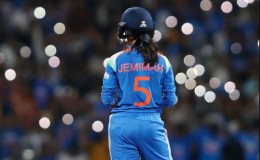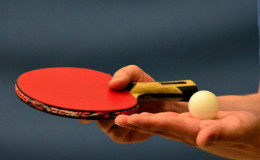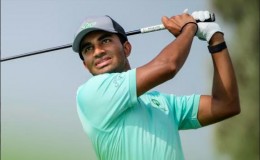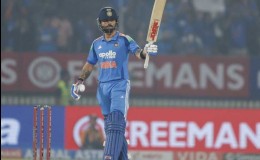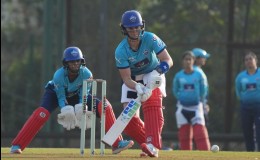Since its debut in the India-Sri Lanka series in 2008, DRS (Decision Review System) has been opposed by Team India and the Indian Cricket Board and despite the change of guards at the top in the BCCI over the years, its opinion against the use of technology remains the same.
BCCI has one again shown its indifferent attitude towards the DRS and in most likelihood is all set to oppose the use of technology when the cricket boards of the world meet for the ICC meeting. BCCI working group interim head Jagmohan Dalmiya has simply ruled out the idea of implementing DRS in the matches involving India.
BCCI still thinks that DRS is not a full proof technology. Agreed that use of hawk-eye, which relies more on line and length rather on the behaviour of the pitch, can be misleading at times, but we cannot rule out the necessity of technology, which more than often have resulted in correcting the wrong decisions.
Taking the recent example of ICC Champions Trophy 2013 where India managed to get the best of the hot spot. Ravindra Jadeja and Ishant Sharma reaped some rewards from it especially when the Indian team needed it the most. But that hasn't affected the BCCI's attitude towards the DRS. They might be recollecting the memories of test series that India played against Sri Lanka in which just one decision out of the 20 went in their favour.
But that doesn’t mean that technology is responsible for the poor cricketing skills. At times a bowler or batsmen might be unlucky to be given out which can turn the match in favour of opposition and that’s when the DRS comes into play. Technology of hot spot has been very useful in resolving the the issue of not only whether the ball is hitting the pad or bat first but also of the inside edges. In sub-continent wickets, hotspot will be more of a boon as we see more of close decisions.
Even Little Master Sunny Gavaskar came with an alternative solution to implement the DRS in a more acceptable way. He believes that rather than a player deciding to take a review, it’s better to give that authority to umpire. If this dimension comes into the picture then it also eliminates the issue of asking an individual board whether they want to go with DRS or not because the authority of reviewing the decision is going to be with umpire and not with a player.
By Amit Chopra
Indian Sports News Network

